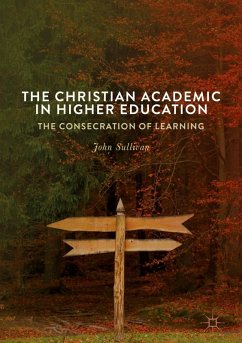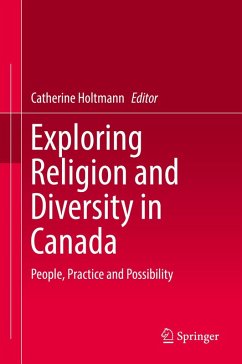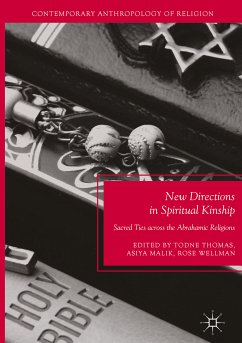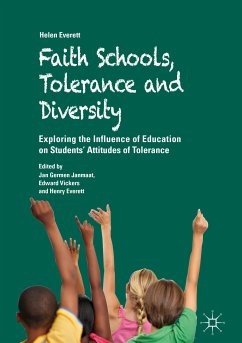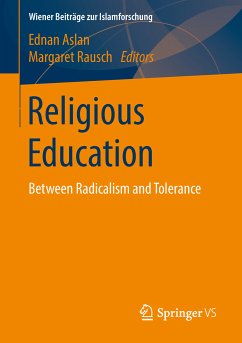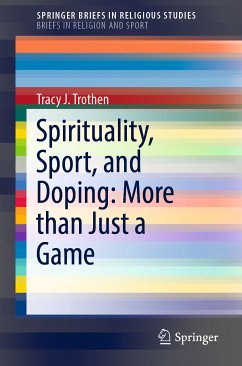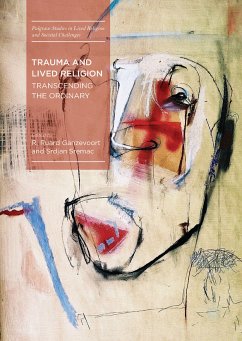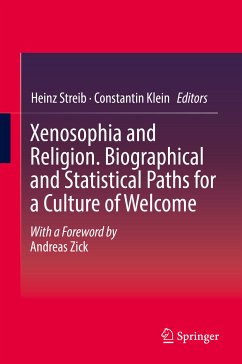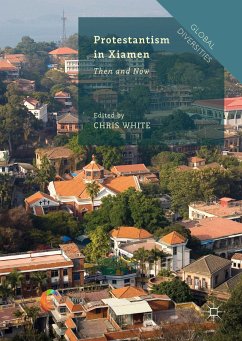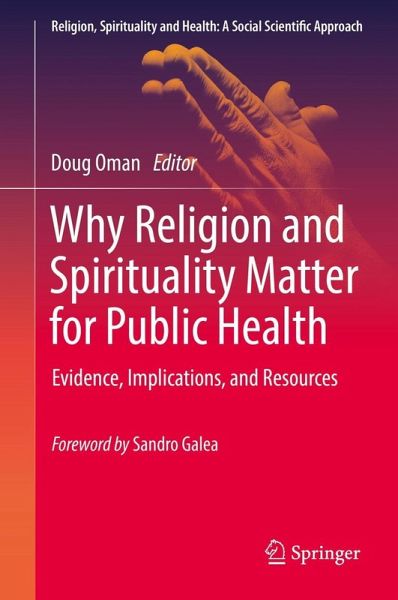
Why Religion and Spirituality Matter for Public Health (eBook, PDF)
Evidence, Implications, and Resources
Redaktion: Oman, Doug
Versandkostenfrei!
Sofort per Download lieferbar
128,95 €
inkl. MwSt.
Weitere Ausgaben:

PAYBACK Punkte
64 °P sammeln!
Shows how religion and spirituality are vital and necessary concerns for every major Public Health subfield
Describes evidence-based and theoretically-grounded approaches
Shows how public health educators teach about religion/spirituality-health connections
Describes evidence-based and theoretically-grounded approaches
Shows how public health educators teach about religion/spirituality-health connections
Dieser Download kann aus rechtlichen Gründen nur mit Rechnungsadresse in A, B, BG, CY, CZ, D, DK, EW, E, FIN, F, GR, HR, H, IRL, I, LT, L, LR, M, NL, PL, P, R, S, SLO, SK ausgeliefert werden.



